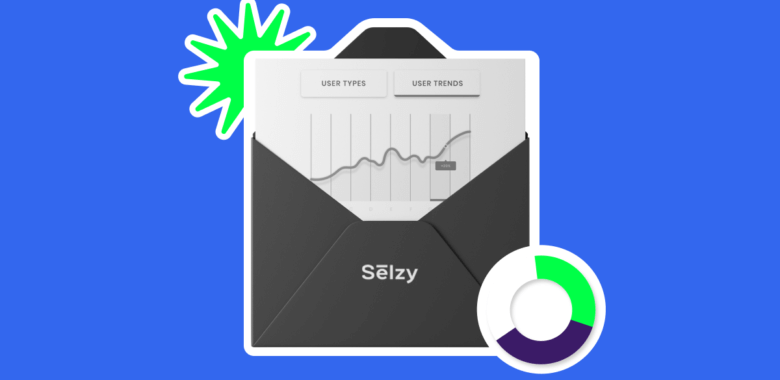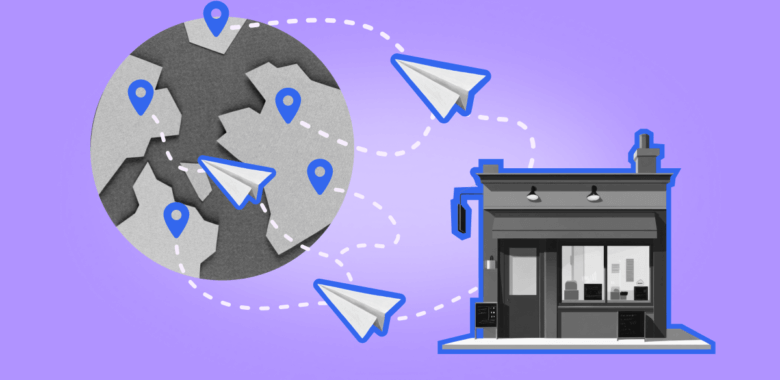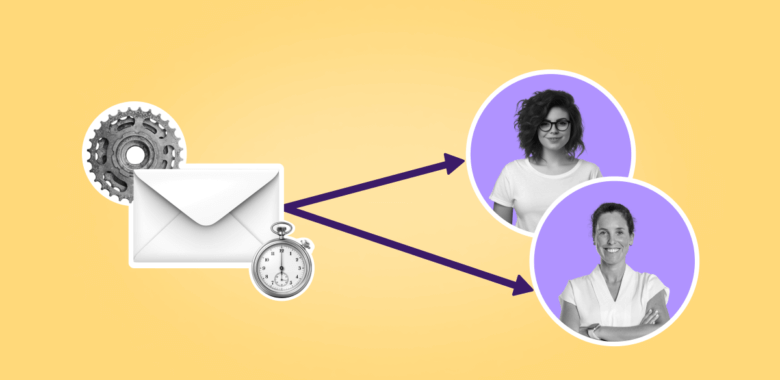Core features of AI SaaS solutions
Let’s take a closer look at the key features that make AI SaaS platforms especially helpful for businesses of today.
Scalability
The term scalability refers to a tool’s ability to grow alongside your business. AI SaaS solutions are perfect for this — whether you add more users, handle more data, or offer new services, the software adjusts without needing a full upgrade.
Since everything runs in the cloud, you don’t need any additional hardware. AI can help automate tasks, organize data, and keep performance stable even when there’s an increased demand.
For example, if you’re running an e-commerce business, you’ll know how busy things get around the holidays. An e-commerce platform using AI SaaS can easily handle a surge in website traffic during these times — it’ll be able to process more orders, manage inventory updates, and answer questions from customers automatically without slowing down.
Accessibility
SaaS tools are easy to access because they’re cloud-based. As a user, you don’t need to install anything — just open your browser, log in, and you’re ready to start working. It doesn’t matter if you’re at home, work, the grocery store, or on a deserted island — you can access your software anywhere with an internet connection.
Since everything is cloud-based, updates and new AI features are added automatically, allowing users to get the latest improvements, including smarter suggestions, faster responses, or better automation without lifting a finger.
Automation
Automation is one of the main benefits of AI in SaaS — the software can take care of repetitive tasks on its own. This includes sorting emails, answering common questions, or updating records. This takes pressure off your team and saves time for everyone. Aside from this, automation can also reduce errors and keep things running smoothly in the background.
Integration capabilities
AI SaaS tools often work best when they’re connected to the other tools your business already uses. This is called integration, meaning your software shares data with other tools you use — for example, your CRM system, email service provider, or accounting software. These inter-software connections make everything run smoothly. For example, an AI tool can pull customer data from your CRM to personalize messages or track orders in real time. You don’t need to waste your time and energy switching between the apps or copying data by hand — the machines will do it for you.
Real-time data processing
AI SaaS tools can handle and analyze data as it comes in, using advanced algorithms to process information quickly and efficiently. This is what we call real-time data processing. The system gives you insights and updates right away, so you don’t need to spend time waiting for daily reports.
This feature allows your business to react faster, make better decisions, and stay on top of what’s happening. An AI-powered system can instantly flag errors, update customers’ contact details, or suggest next steps.






















